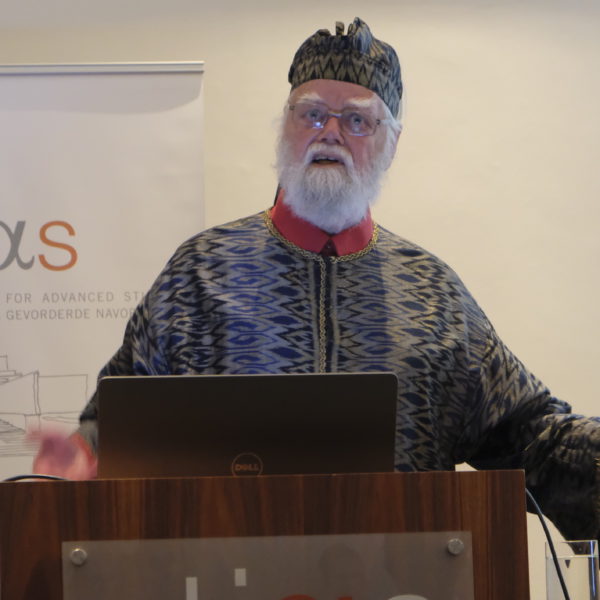The extinction of dinosaurs after a 10 km wide meteor struck Earth in today’s Caribbean, 66 million years ago, marked the division between the Cretaceous and Cenozoic (popularly known as the Age of Mammals). South Africa was one of four separate southern and eastern landmasses where some plants and primitive mammals survived. My proposed project would explore how those survivors have contributed to current biodiversity in Africa. Sub-Saharan African biogeography can be represented as two “land-locked archipelagos”, the Boreal (or Centre-West) realm and the Austral (or South-East) realm. Taxa with intra-continental origins can be supposed to have had an adaptive head start over later arrivals, especially within the Austral realm. Facets of such histories can be inferred from dated molecular clocks and by reference to the fossil record – both major sources for this study. Immigrants to “Island Africa” (which was ocean-bound on all sides for 10 million years) could only come in across “bridges”, all of which were in the north. I seek to reconstruct the relative roles, advantages and consequences of these two sources of evolutionary innovation – mainly among mammals but with some references to other taxa; and to highlight the complex, interesting and diagnostic histories of contemporary living species.
Menu
Related news
Related news
Related publications
Related publications
Book/Book Chapter
Kingdon, Jonathan. 2023. Origin Africa: Safaris in Deep Time. HarperCollins Publishers. https://books.google.co.za/books/about/Origin_Africa.html?id=Fe6NzgEACAAJ
Related events
Related events
Share this project:
Share on whatsapp
WhatsApp
Share on email
Email
Share on facebook
Facebook
Share on twitter
Twitter
Share on linkedin
LinkedIn
Is any information on this page incorrect or outdated? Please notify Ms. Nel-Mari Loock at [email protected].


